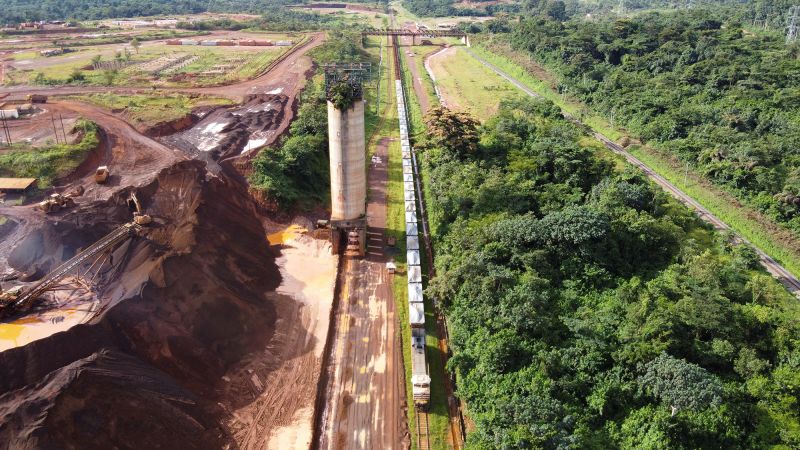
The White House is set to host a summit this week involving leaders from five African nations, as part of an effort by President Donald Trump to strengthen ties with select countries on the continent. The invitees include the presidents of Liberia, Gabon, Guinea-Bissau, Mauritania, and Senegal. Notably absent from this gathering are leaders from Africa’s largest economies such as South Africa, Nigeria, Egypt, and Ethiopia.
The summit aims to deepen diplomatic relations, promote shared economic interests, and enhance security cooperation between the United States and these invited nations. As reported by the Liberian presidency, the exclusion of major players raises questions about the U.S. strategy in Africa, particularly given that many of those not invited are aligned with BRICS, a coalition of emerging economies that includes Brazil, Russia, India, and more.
Analysts view Trump’s selection of attendees as a calculated move in his broader geopolitical strategy to counteract Chinese and Russian influence in Africa. Dr. Christopher Afoke Isike, a professor of African politics and international relations at the University of Pretoria, characterized the chosen leaders as “low-hanging fruit” in Trump’s quest for partnerships. He noted that these nations do not belong to the BRICS alliance, suggesting their selection reflects a desire to engage with countries less likely to challenge U.S. interests.
China has solidified its status as Africa’s largest bilateral trading partner, while Russia has increased its military engagement on the continent. Trump’s approach contrasts sharply with the strategies of former Presidents Barack Obama and Joe Biden, who hosted more inclusive African summits during their administrations. In 2017, Trump held a luncheon with nine African leaders but has since been perceived as dismissive toward the continent.
As Trump looks toward Africa’s vast mineral resources, he has adopted a transactional foreign policy that prioritizes U.S. investments over traditional aid. Following a peace agreement brokered by his administration between Rwanda and the Democratic Republic of Congo last month, Trump highlighted potential U.S. access to critical mineral rights, although the agreement itself does not explicitly confer such rights.
In a recent statement, Marco Rubio, U.S. Secretary of State, expressed a shift in aid policy, emphasizing that future U.S. investments should align with an “America First” foreign policy. This approach has been met with criticism, particularly regarding the significant reduction of programs under the U.S. Agency for International Development (USAID), which previously facilitated humanitarian assistance across Africa.
The impending tariffs imposed on several African nations, particularly South Africa, reflect the administration’s tough stance on trade. South Africa has contested the accuracy of the trade data used to justify these tariffs, which are set to take effect on August 1. Additionally, Trump’s immigration policies have led to restrictions affecting primarily African and Middle Eastern nations, further complicating U.S.-Africa relations.
The chosen African nations may benefit from discussions at the summit, which are expected to cover more than just commerce. Ousmane Sene, who leads the Senegal-based West African Research Center, noted the potential for dialogue on migratory trends and security, as these countries serve as transit points for migrants seeking to reach the U.S.
Despite their smaller economies, Gabon, Guinea-Bissau, Mauritania, Senegal, and Liberia possess rich mineral resources, including oil, gas, and rare earth elements. This mineral wealth may provide leverage in future negotiations with the U.S., although analysts stress the importance of approaching discussions with an understanding of Trump’s business-centric mindset.
As the summit unfolds, observers will watch closely to see whether this new diplomatic model heralds a significant shift in U.S.-Africa relations. Trump’s emphasis on strategic commerce over traditional aid may redefine how African nations engage with the United States. The outcome could shape not only economic opportunities but also the political landscape of U.S.-Africa relations moving forward.






